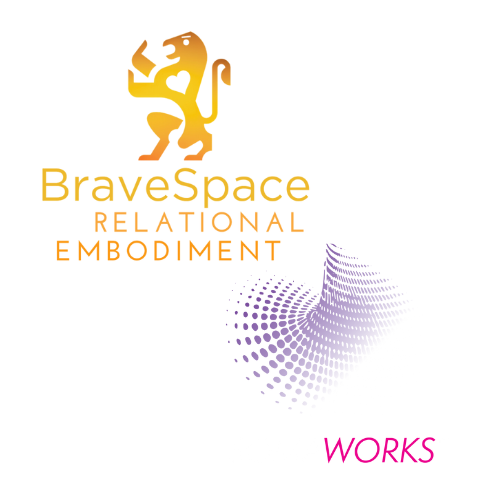Shame and Responsibility
My wife Kendy is a nutritional therapist exposed to a lot of powerful and sometimes counter-cultural dietary information. A few days ago she sent me an article that correlated obesity, metabolic disorders, and morbidity in the current crisis. We each felt the article might be useful to people and shared it on facebook. What ensued was both some of the most significant backlash I’ve encountered to one of my posts, and also some of the most distinctive support. A few people took it as an effort to shame them.
I’ll offer what I see here, along with a link to the article, and I would be curious if you’d like to share your own viewpoint: I’ll collate responses to this email and assemble them for you next week so long as there’s something significant to share. You—my readers—are a diverse group of intelligent, compassionate, and free-thinking people. I would greatly enjoy connecting and your insights.
A key response on FB was that there is a lot of cyclical trauma in body shape, size, weight, and other aspects of health. We heard that many people feel powerless to make change in the face of their trauma. Perhaps change is a privilege not available to everyone, yet in considering the question of change I ask not if other people are powerless, but whether ‘we’ are. ‘We’ are the ones reading this—each of us as an individual who makes choices with the resources we have.
In a world where trauma rules our ability to share and consider information there’s little to be done but arrange our viewpoint so that we and others feel safe. (Check out Michael Singer’s book ‘The Untethered Soul’)
Yet, the world isn’t safe and never has been. Each of us will die. Life is a really risky undertaking! That’s what makes it interesting. Each of us is privileged to be here, and each of us is challenged to be here too.
Moving beyond trauma is never guaranteed, but what if it only happens when we aren’t willing to be imprisoned by it anymore? Trauma responses are not comfortable, easy, or fair. There’s more and more resources for solving trauma, but they don’t choose themselves—people choose to seek these resources. It takes responsibility. And, my view is that we aren’t here to judge each other. If you feel judged by me or someone else, check in deeply and ask if you may be judging yourself. That’s as normal as trauma.
I see no shame in any form of body. The risk of mortality is also the same for all of us—we’re all going back where we came from. The likelihood of being taken earlier than we might prefer by chronic illness or this virus appears to be a different matter.
Sugar kills. Industrially processed oils kill. They cause our bodies to fail slowly; i.e. diabetes and metabolic disease. Obesity is one sign—among many—that the body’s physiology is out of balance. This happens easily in a culture out of balance, a food system out of balance, and a medical system that while capable of miracles, often prioritizes pharmaceuticals over less profitable yet more effective lifestyle solutions. There’s a lot of scientific support for these statements, and the corporate food/government culture doesn’t want you to know. Look up “Organic food is a…” on Google and see what comes up. It’s improving since I was instructed to do so last week in an article (I think people have been speaking up), but “sham” and “a lie” are still some of the top results.
Loving our bodies means accepting them exactly as they are, and doesn’t preclude change if there’s something calling for it. I believe we are all being called to step up and care for ourselves deeply. When we do that we create a stronger, more resilient community too. With healthy immune systems viruses and other pathogens have far less power to scare and immobilize us.
Here’s the article that I shared on facebook. If you’re curious to go deeper, my wife Kendy is leading a class and support group beginning this Thursday that can help you get off sugar if that’s something you’d like to try.
Let me know what you see.
Love and gratitude,
Matthew
